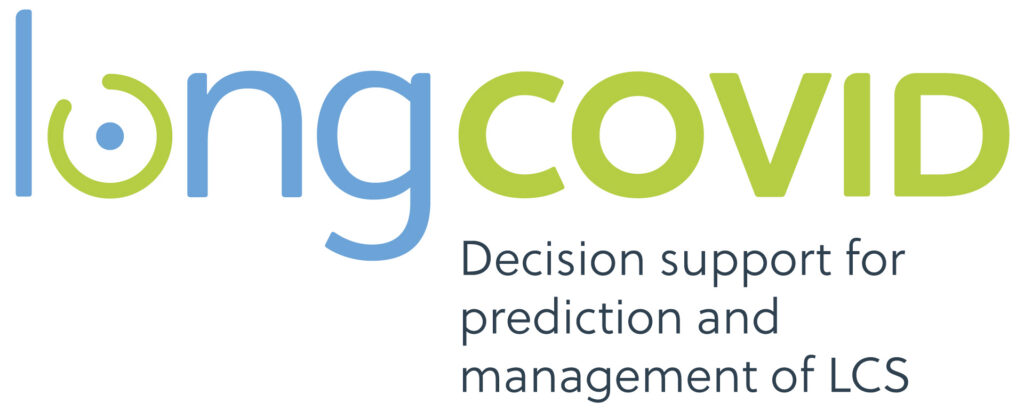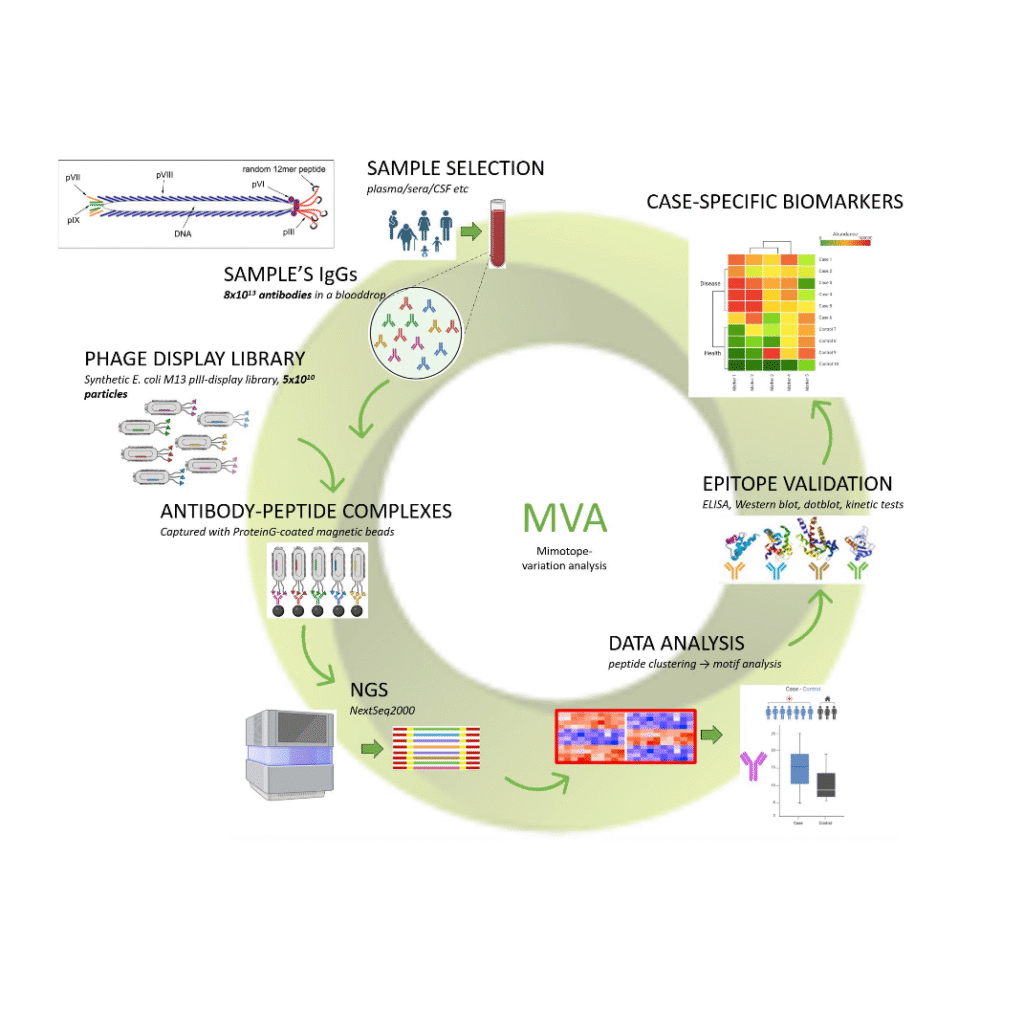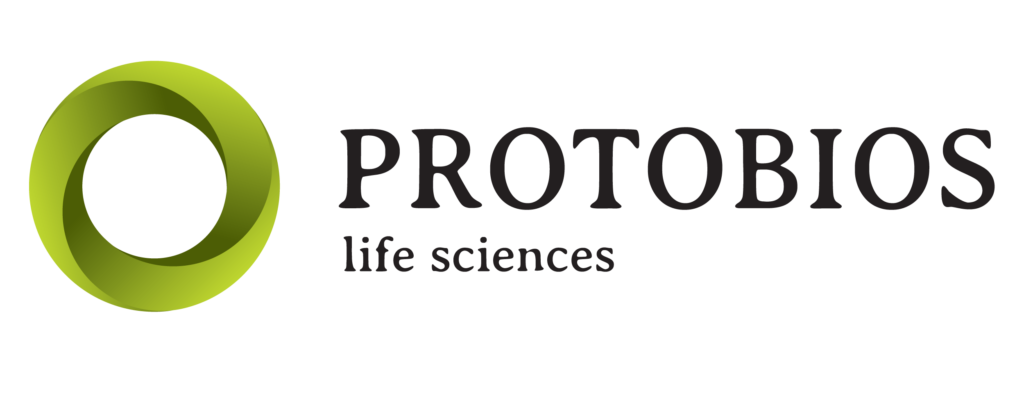Partners

DigitalTwin
DTRIP4H project emerges as a momentous effort to revolutionise predictive, preventive, personalised, and participatory health paradigms. It starts a new initiative in Europe called “Decentralized Health Digital Twin Ecosystem consisting of Research Infrastructures”, and aims to resolve critical challenges around data harmonization, equitable access, and stringent privacy safeguards using Digital Twins.

Long COVID
Helsinki University Hospital (HUS) leads consortium to examine the mechanisms behind the long-term effects of a COVID-19 infection. The objective is also to create a Decision support system for prediction and management of Long Covid Syndrome (LCS). The number of patients suffering from long-term effects of a COVID-19 infection are growing worldwide. It is therefore important to identify and understand the mechanisms behind the continuing symptoms and to use this improved understanding to provide adequate treatment to patients. This is what the HUS-led Long Covid-project aims to do. The research evidence created during the project will be simultaneously used to develop and improve care of Long Covid patients.

OPADE
An European Project aiming to Optimise and predict antidepressant efficacy for patient with major depressive disorders using multi-omics analysis and AI-predictive tools. The project general objective is to identify key biomarkers that support the decision-making process of the healthcare providers. The project focuses on the microbiota – brain -axis which plays a major role in mental health and in particular Major depression disorder. Through clinical investigations, the consortium partners will study the combination between genetics, epigenetics, microbiome and inflammatory networks.

PRG-1953
In this project we will employ a high-throughput immune response activity characterization strategy – mimotope variation analysis (MVA) to detect antibody patterns on a global scale and reveal the immune features associated with prevalent central nervous system (CNS) disorders.
PSG-691
The number of people suffering from psychiatric disorders and/or obesity is growing rapidly all over the world. Previous studies have found co-morbidity of schizophrenia and metabolic syndrome, in part caused by disturbances in immune system function. The current project aims to analyse autoantibodies targeting cell surface-receptors and changes caused by these autoantibodies. This will help better understand the role of immune system in the development of schizophrenia and metabolic syndrome, as well as give possible new targets for therapeutic agents.

MVA is a next generation phage display method that enables the generation of both quantitative and qualitative antibody binding profiles. These profiles can be tailored to describe anything from individual molecules to entire populations, providing insights into the state of the immune system and its capacity to protect the body. This innovative tool interprets health-related data and is universally applicable across a range of diseases and health conditions. It empowers caregivers with a deeper understanding of immune functions, facilitating early prevention and enabling more precise treatment strategies.
